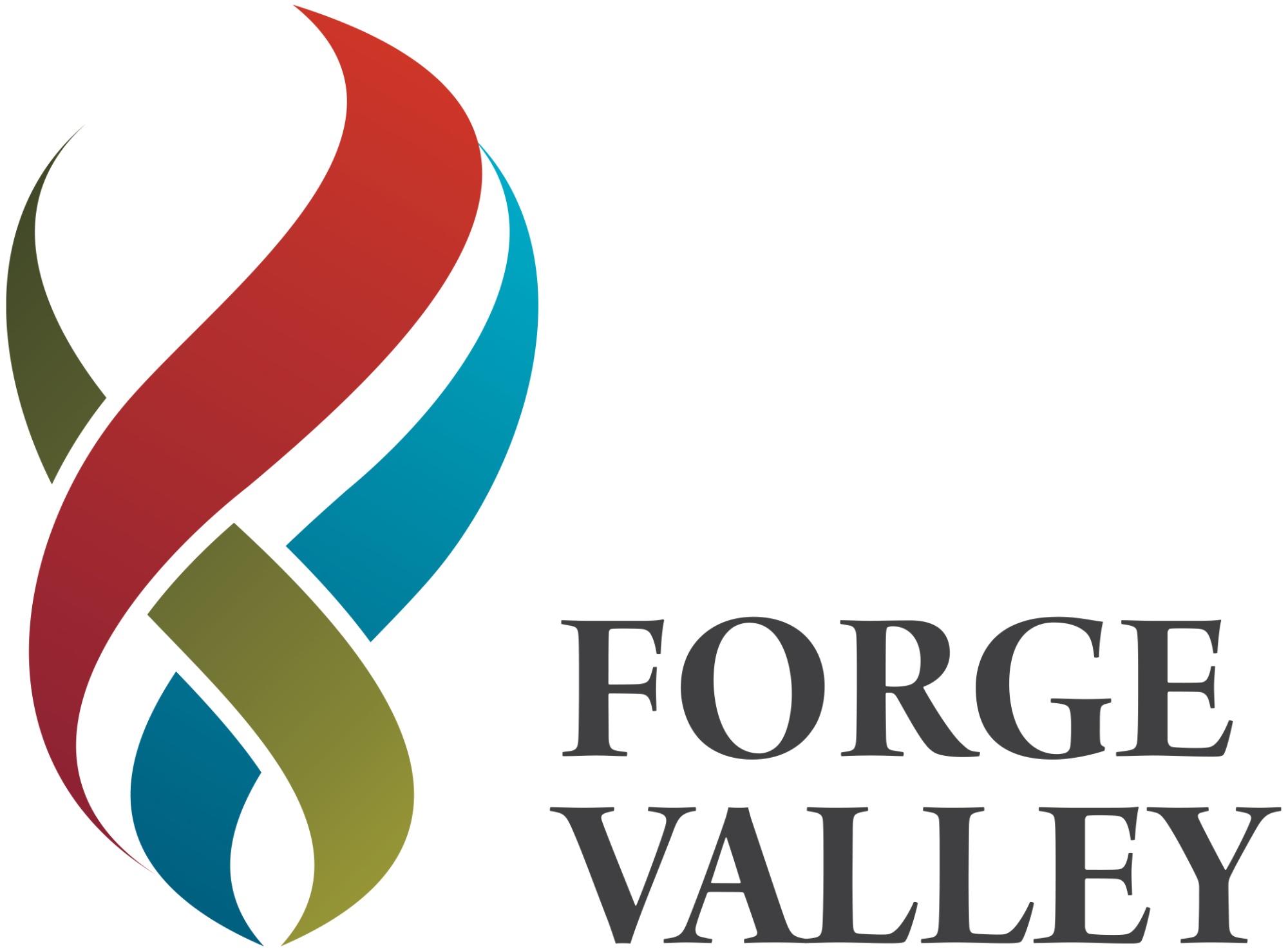Information Technology
Overview
Why ICT is important to study
Our vision is to inspire and develop lifelong skills for the future in our learners, expanding their capacity to communicate ideas and feelings - where pupils can leave Forge Valley being digitally literate and safe, equipped with the skills for their lifelong enjoyment of ICT and the confidence, competence and curiosity to use ICT in the 21st century.
Our Department Ambition
At Forge Valley School we believe that ICT is a crucial skill in preparing our pupils for their future careers and general life skills in an ever developing 21st century, where technology is consistently advancing.
We want all of our KS3 – KS5 pupils to be computer literate and resilient learners as they explore computer technology and ICT, through independent use of software tools, exploring suitable online content and an appreciation of hardware.
It is our aim that all pupils are educated in e-safety so that they develop as safe online practitioners, able to help others and foster a healthy digital mental well-being.
It is our ambition that all pupils will leave Forge Valley School being digitally competent and confident, with some form of ICT qualification; our Creative iMedia qualification ensures that pupils explore a range of creative software, as well as using ICT applications for business, to secure that pupils are given the best computational life chances and are IT equipped for the world of work.
For our aspiring computer programmers, we aim to engage, inspire and prepare them through practical experience with a variety of programming languages including Python, as well as equipping them with a sound theoretical knowledge of how computers work, allowing for continued success, academically or in the workplace.
For our Sixth Form pupils, the curriculum has been selected to allow for pupils to experience a practical application of ICT, where they are literally ‘hands on’, building and designing computer systems in Btec IT Level 3. Pupils may select units of work for a more personalised learning journey, tailored to their ICT interest.
Key Stage 3 Curriculum Content
Mastery Learning
All pupils will receive an ICT mastery booklet covering the work they have studied in class so far. The purpose of this is to allow pupils the opportunity to consolidate their knowledge at home. Pupils are expected to complete the booklets.
All pupils will then have a low stakes quiz in the final week of each half term which will be based on the contents of the mastery booklet. We will use the information from the quiz as part of the diagnostic tools used to inform their ICT teachers of any gaps in the subject knowledge which need to be re addressed.
Mastery
This term’s learning:
This term, our pupils will be learning the following:
Y9: Understanding different types of pre-production documents, creating mood boards, mind maps, visualisation diagrams etc as well as learning how to plan media projects using work plans, assets tables, client requirements
Y10/11: Pupils will learn how to create a master slide, hyperlink pages, have interactive elements and create and insert multimedia, as well as improving design work as needed
Y10 Computer Science: Pupils will learn about networks, topologies, network hardware, packet switching and logic gates/truth tables
Y11 Computer Science: Pupils will continue to master their python programming including writing and reading to files, writing their own algorithms. Pupils will also recap on their theory from Y10 learning as part of revision for exam preparation – recovering topics such as TCP/IP, network protocols and binary including data representation.
Key Stage 4 Curriculum Content - Core ICT
Year 9
Pupils will begin to prepare for their Key Stage 4 qualification in OCR Creative iMedia,
In Year 9 pupils will study practice tasks and learn about the media industry, media industry, digital media products, how they are planned, and how to create products with impact to engage audiences.
Pupils will also be introduced to Computer Science
By the end of Y11, pupils will have completed three units:
-
- One externally assessed examination (first taken in Y10)
- Two NEA coursework units
Pupils will be given 2x opportunities to take their units if needed
All results are awarded on the following scale:
Level 2 – Distinction* (*2), Distinction (D2), Merit (M2), Pass (P2)
Level 1 – Distinction (D1), Merit (M1), Pass (P1) and Fail/Unclassified
For CORE ICT, students study Creative iMedia (OCR) in Y10 and CIDA (Edexcel) in Y11
Year 10/11 - iMedia
Our Y10 pupils will sit their exam (on pre-production documents – R081).
By the end of Y11, pupils will also complete two coursework units:
-
- R082 (Graphics unit) where they will plan/create a graphic publication based on a book or album cover
- R087 (Interactive Multimedia unit) where pupils will plan/create an interactive multimedia product about Sheffield
Pupils may also learn and prepare for other units in the course, such as animation / sound that will help them with their multimedia unit and meet the course requirements
Pupils will be given 2x opportunities to take their units if needed
All results are awarded on the following scale:
Level 2 – Distinction* (*2), Distinction (D2), Merit (M2), Pass (P2)
Level 1 – Distinction (D1), Merit (M1), Pass (P1) and Fail/Unclassified
Key Stage 4 Curriculum Content - Computer Science
Year 10/11 – Computer Science
As an option, pupils may choose to study Computer Science (WJEC Eduqas)
Pupils will study for 2x examination units:
- Understanding Computer Science (theory exam)
- Computational Thinking and Programming (on screen practical examination where pupils will program using Python)
